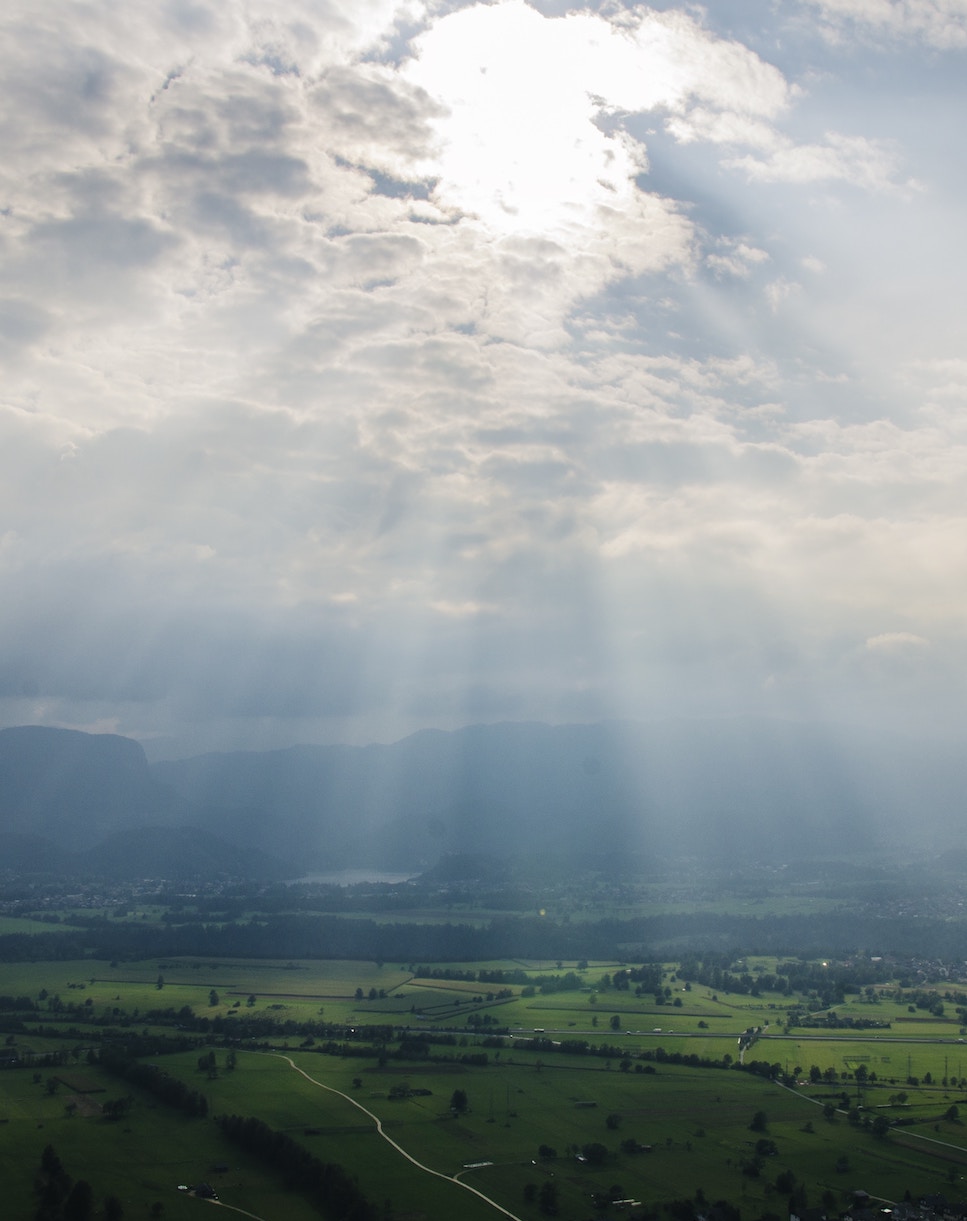Jennifer Wilhoit, founder of TEALarbor stories, focuses on listening and writing as instances of kind action within an ecological mindset. By helping people learn how to find and tell their stories, she helps them unlock their self-compassion. I firmly believe that self-compassion unlocks our ability to practice kindness and greater levels with greater impact. I feel so honored to have met this fellow kindness practitioner as a co-instructor for The Charter for Compassion Education Institute. Later this year, she will teach a course entitled “Compassion: Growing Tenderness for Self and Other via Writing and Ecology.” You’ll learn more about it just by hearing her present it in her own words, and, taking a page from her wonderful thinking, after you’ve read it, promise yourself you’ll go out and take in the beauty of nature around you.
How do you see writing and listening contributing to kinder interactions between people?
My business, TEALarbor stories, aims to compassionately support people as they discover their deepest stories; these might be in written form, spoken aloud in natural landscapes, involve difficult life transitions, or are focused around conflict. Writing offers individuals an opportunity to express themselves differently. Taking the time to journal, for example, people discover a voice that is wise and compassionate within themselves. The writing page doesn’t judge; it simply holds. Writing our truth on the page frees, opens, and heals us; this is a precursor to kindness.
“Deep listening” is more than just presence with the auditory sense organ. It mandates a heart opening to “other.” I listen with my heart, in kindness, dropping judgment. Sometimes deep listening means sitting in silence with somebody, being a quiet presence to bear witness to and hold someone’s pain.
When we truly listen to another person, from our heart, we see how connected we are; we find our shared humanity. Listening from the wisdom of our hearts and releasing our desire to fix or change someone else are perhaps the greatest gifts we can give each other. Writing and listening are kind acts when we drop our agenda and graciously accept what’s being conveyed.
I notice many people stifle their voices because they criticize themselves so harshly. How can self-compassion help people break that silence?
I spend the bulk of my time with my clients teaching them how to release self-judgment. One of my hallmark practices is called “scrap” – this doesn’t magically make the harsh, critical, tenacious inner voices go away forever, but it can help us to put them aside for now – at least during the (writing) session. Once clients engage this practice a few times, their natural instinct is to go to self-love, self-compassion.
I also encourage people to let go of their prescribed notion of outcome, especially when they are first beginning their writing project or healing process. It takes huge “courage” (being afraid and doing it anyway) to write a memoir, proceed with a rigorous scholarly paper, to shift something within so that we can move out of protracted conflict, to become restored to a new sense of wholeness after loss, or to open in stillness to what nature has to teach us. So I guide people to trust their own inner wisdom.
I think modeling compassion toward others is another really powerful way we can facilitate someone else’s move toward self-compassion. I often offer clients a short, positive mantra that they can repeat. Clients have come back to me and said, “I kept hearing your voice saying that loving phrase and I was reminded that I do deserve to love, be kind and gentle to, myself.” We practice compassion toward others, show how we can be compassionate with ourselves, and offer simple ways others can do the same for themselves. These are silence-breakers; people cannot not write once they’ve released themselves into the deep waters of self-compassion.
What is the role of nature and ecological thinking in your philosophy of kindness?
We are nature.
When we look at the natural world around us – how the trees don’t complain when their leaves dry and the wind blows them off and the icy winter covers their limbs – we can see that our lives are beautifully interwoven with nature. The flora and fauna, the landscapes, the oceans, earthquakes, or volcanoes don’t hate or love. They just are. They do as their nature dictates. Trees stand rooted, soak up sunlight, shed leaves to conserve energy in winter, flower again in the springtime. That’s just what they do.
We humans also have a nature: human nature. The more we spend time in natural areas, find strength, inspiration, solitude and quiet, learn about what is around us in the outdoors, the more we find those things within ourselves. For nature mirrors us.
My work, my writing, my spiritual life, my leisure revolve around what I call “the inner/outer landscape.” We are inextricably interconnected with the natural world. And the more we can foster gratitude for our lives, our presence on this sumptuous planet, the gift of breath moving in and out of our lungs, sunlight and moonrises, the more we will replenish and be able to give of ourselves to others in love and tenderness. I believe this is what kindness is…at its most genuine core: kindness is gentle, compassionate, and natural.
Keep this thinking in mind whenever you feel you need a kindness reset, or when you want to unlock your own stories, your writing, your thoughts, or your feelings. You may find the key as close by as the nearest patch of open grass you can see or the next birdsong you can hear.

